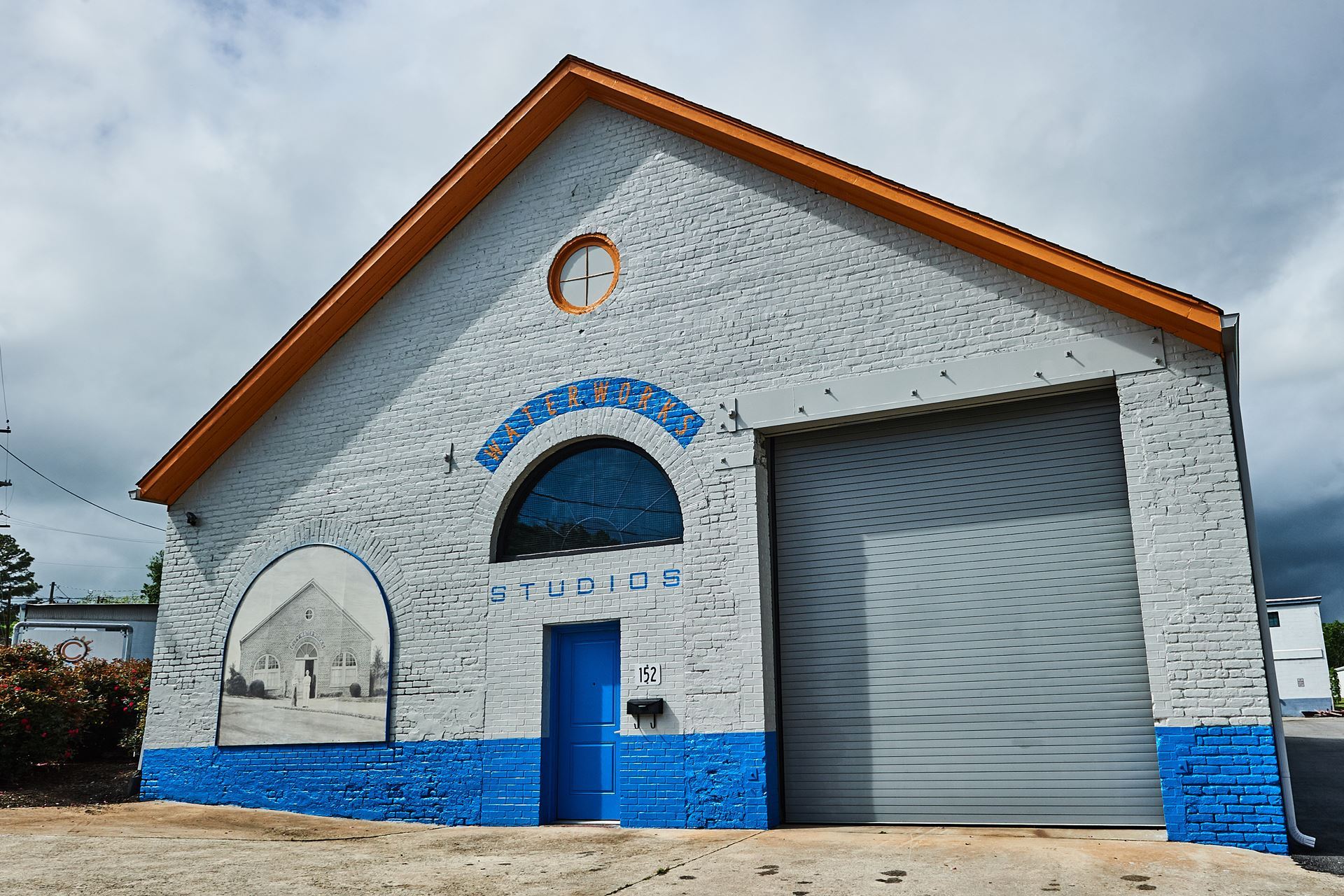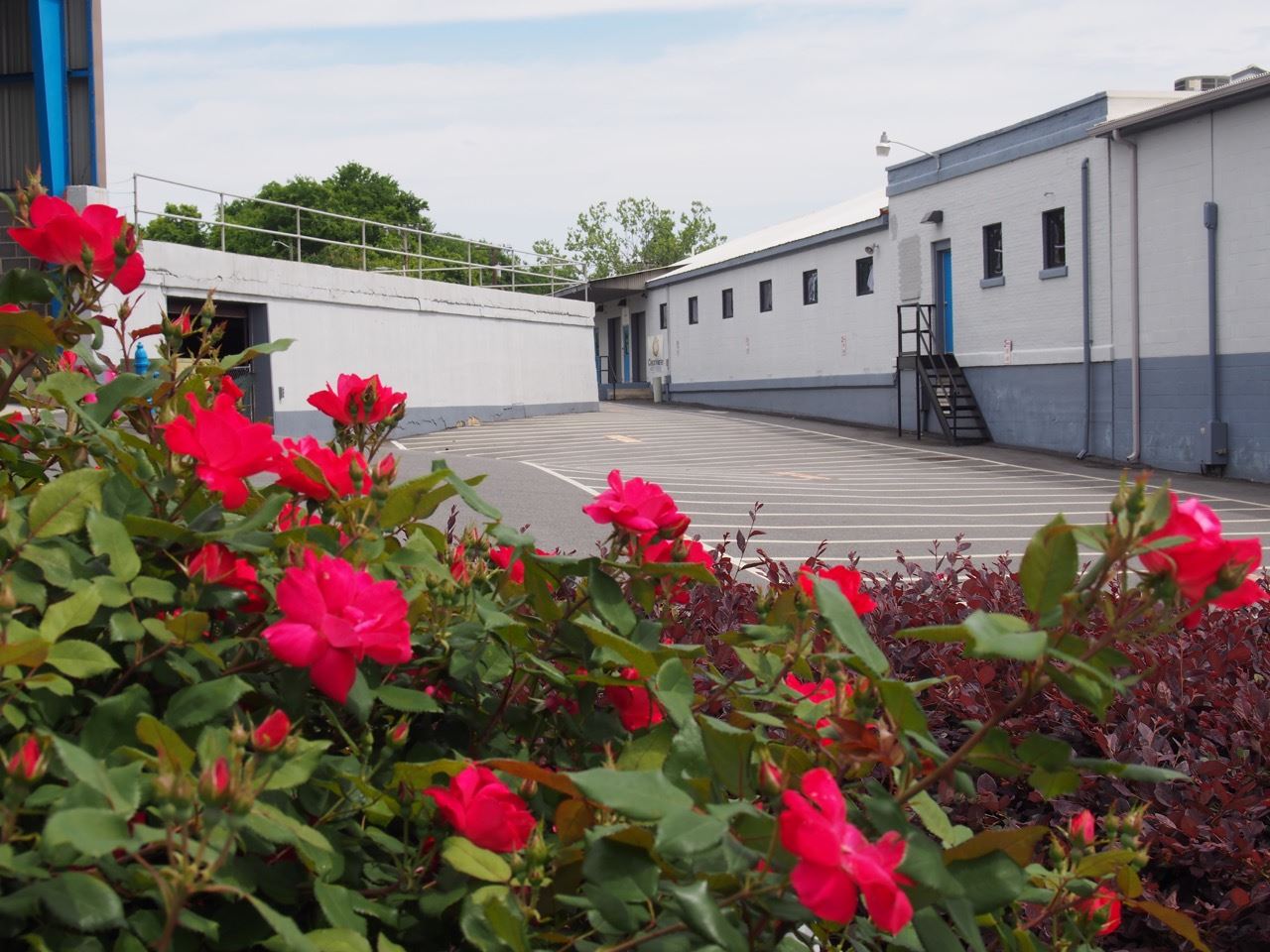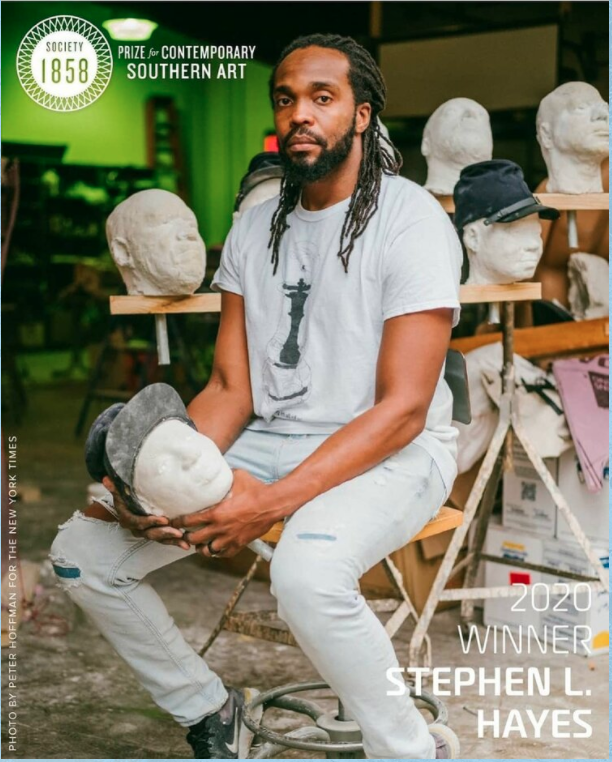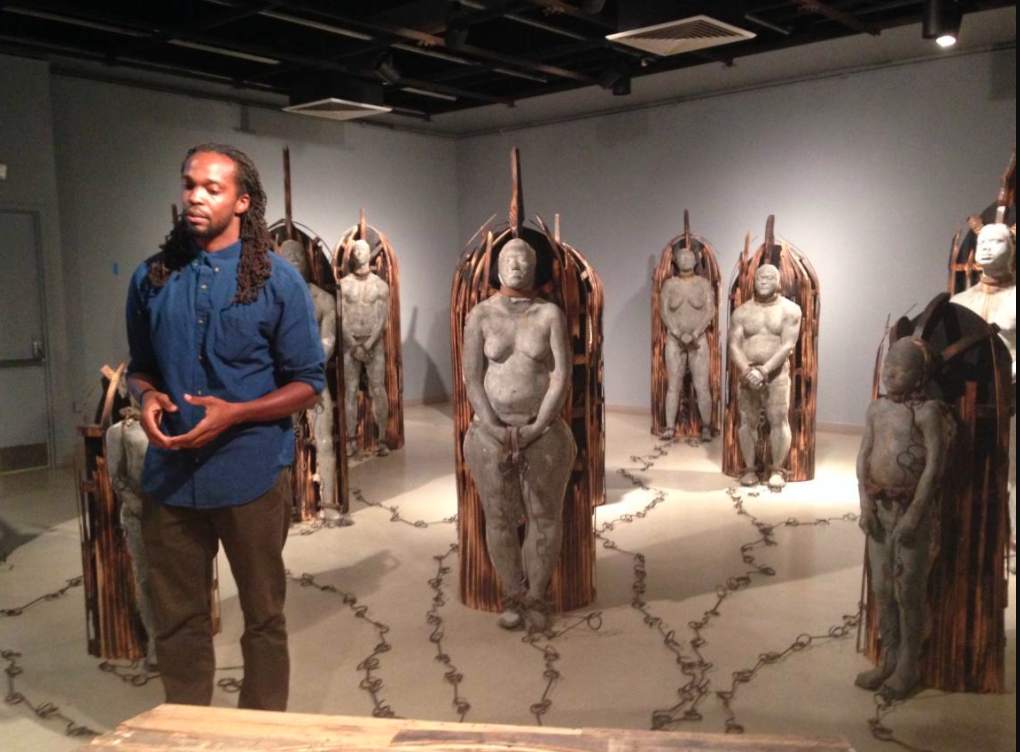| Tri State Sculptors AssociationPromoting public awareness and appreciation for sculpture in the VA, NC, and SC areas |
After a year and a half of Covid-induced shutdowns and social distancing, the 2021 TSS Conference was held IN PERSON at the ClearWater Arts Center and Studios in Concord, NC. Friday's events were split between ClearWater and the Dept of Art and Architecture at UNC Charlotte. Our members were delighted to be finally reuniting with friends while sharing, learning and celebrating all-things-sculpture.
This Year's Keynote Speaker:
Stephen Hayes, NC Artist and Duke University Professor
| Stephen L. Hayes, Jr. makes art—woodcuts, sculptures, installations small and large—from found materials that draw on social and economic themes ingrained in the history of America and African-Americans. His approach is simple: “If I can’t find it, I’ll make it. If I can’t make it, I’ll find it.” |

%20copy.jpg)




